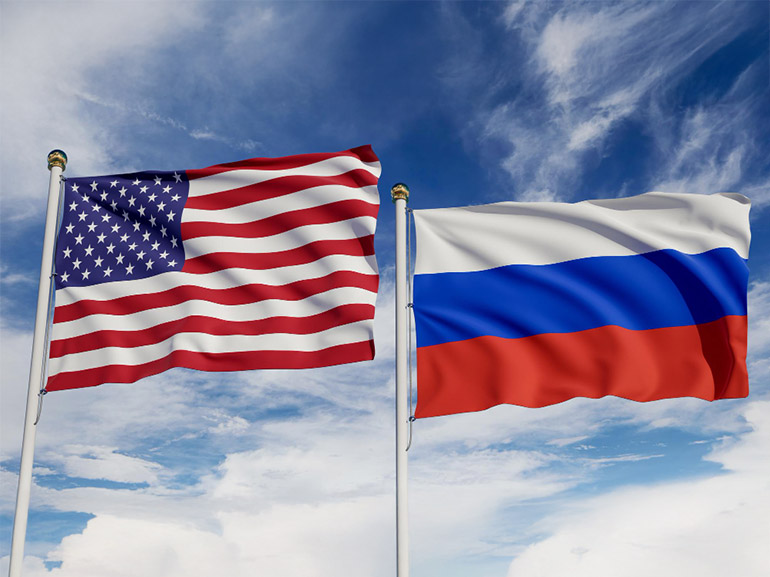Weekly Summary, 24 July 2025: Global Markets, EU Tariffs, US-Japan Deal and More
As the week drew to a close, investors navigated a mix of market-shaping developments: upcoming economic indicators, escalating tariff threats between the US and EU, BBVA’s upcoming takeover window for Sabadell, and soaring global indices led by a tech-driven surge. Here’s what stood out in the world of finance this week.

TL;DR
Markets prepared for key July economic data, including PMI and inflation figures.
EU–US trade tensions escalated with new tariff threats from President Donald Trump.
BBVA confirmed its September bid window to acquire Sabadell.
Global stock indices hit record highs, with Opendoor surging on strong investor demand.
The US and Japan agreed on a major trade deal.
Economic Dates Set to Stir Volatility
Markets geared up for 21–25 July with a calendar packed with pivotal economic data, including PMI figures and inflation readings. These reports were anticipated to set the tone for currency, equity, and commodity markets, prompting traders to brace for potential price swings. Explore July’s economic calendar highlights here.
EU–US Trade Tensions Cloud Outlook
The US, led by President Donald Trump, raised the prospect of fresh tariffs targeting EU exports, fuelling uncertainty in European markets and sparking concerns of retaliatory measures. Analysts suggested these threats could undermine near-term growth prospects and keep equity markets on edge. See more on the growing EU tariff concerns here.
BBVA’s September Bid Window for Sabadell
Spanish banking giant BBVA announced it would open its formal bid window to acquire Sabadell in September, a move seen as a pivotal step in consolidating Spain’s banking sector. Investors have been closely tracking the move, as it could reshape competition in the Iberian financial market. Read about BBVA’s upcoming Sabadell bid window here.
Global Indices Hit Highs, Opendoor Surges
Major global indices, including the S&P 500 and European benchmarks, hit fresh records this week, driven by tech momentum and resilient corporate earnings. Opendoor, a digital real estate platform, saw its stock surge significantly, highlighting investor appetite for growth names amid bullish sentiment. Find out more about record highs and Opendoor’s rally here.
US and Japan Reach a Trade Deal
On 23 July 2025, President Trump announced a landmark United States–Japan trade agreement, concluding months of tense negotiations. The deal introduces a 15% reciprocal tariff on Japanese imports, including motor vehicles, lorries, rice, and agricultural products, reducing the previously threatened 25% rate. However, steel and aluminium tariffs remain at 50% under existing policy.
As part of the agreement, Japan will invest $550 billion in the United States economy, with 90% of profits pledged to remain within US borders. The pact also expands access for American exports to Japanese markets, particularly benefiting the US agricultural and automotive sectors.
Financial markets responded strongly: Tokyo’s Nikkei 225 rose by over 3%, Toyota shares surged 14%, and the US dollar strengthened against the yen due to anticipated capital inflows. While the deal signals a more uniform tariff strategy from the Trump administration, Japan’s Prime Minister Ishiba faces political challenges following the agreement.
Some believe the deal could be positive for some traders, including Japanese automotive exporters and US agriculture, while elevated steel tariffs continue to influence metals markets and commodity prices. Read more about the United States–Japan trade deal here.
Conclusion
This week’s financial landscape was shaped by anticipation of key economic data, mounting US–EU trade friction, strategic banking manoeuvres in Spain, and a buoyant stock market fuelled by tech growth. As July progresses, all eyes remain on economic indicators and whether trade tensions will escalate further, potentially curbing the market’s bullish streak.
Past performance does not reflect future results.
FAQs
Why are global markets bracing for late-July volatility?
Because key economic data, including PMI and inflation, is expected to sway trading sentiment and market direction.
How could US–EU tariff tensions impact investors?
They could pressure European exports, increase uncertainty, and trigger volatility in equity and currency markets.
Why is BBVA’s bid for Sabadell significant?
It signals potential consolidation in Spain’s banking sector, with implications for market share and investor sentiment.
What drove global indices and Opendoor higher this week?
Strong tech performance, solid corporate earnings, and growth-focused investor sentiment boosted equity markets and specific stocks like Opendoor.








